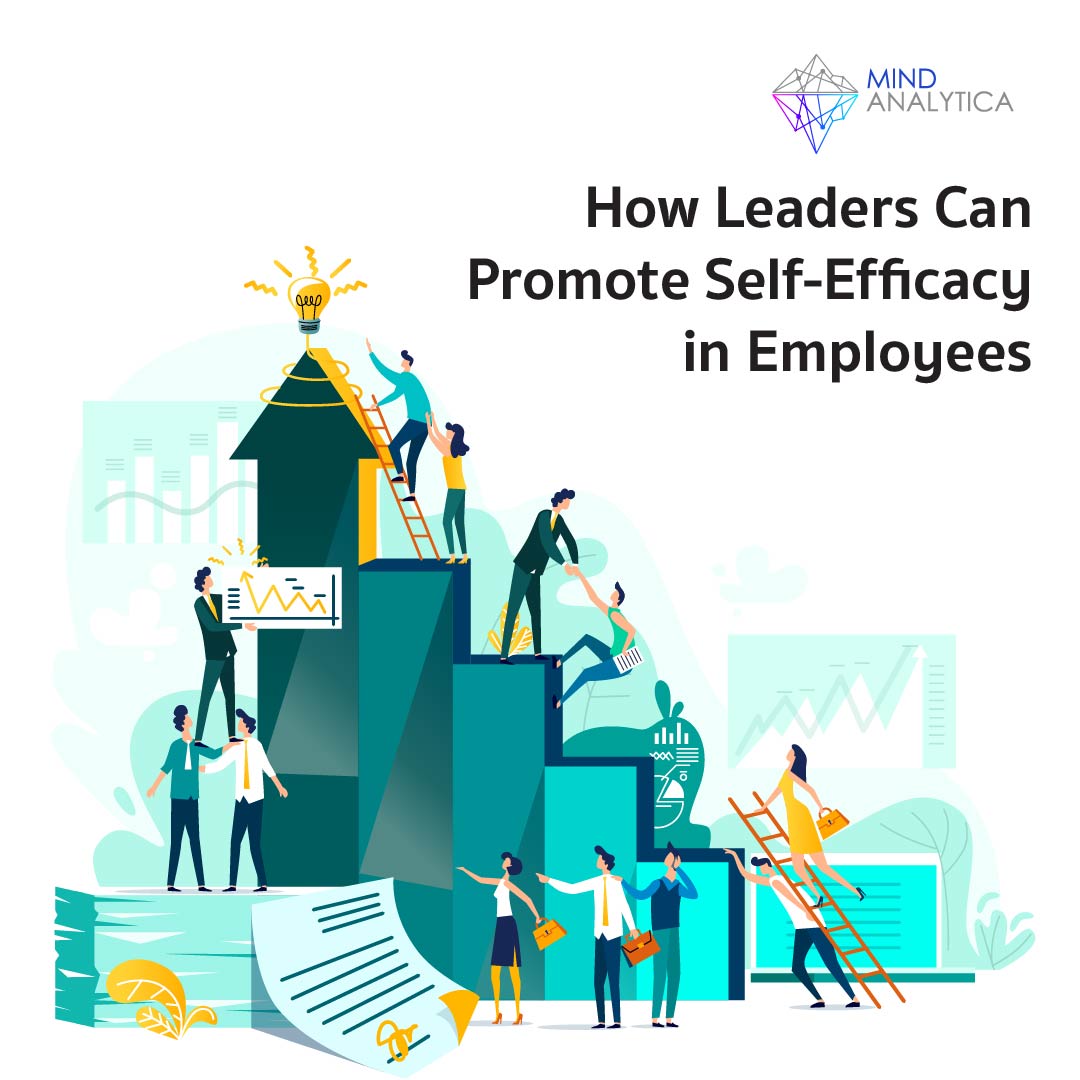How Leaders Can Promote Self-Efficacy in Employees
3 มิถุนายน 2567 - เวลาอ่าน 5 นาที
Introduction
In the previous article, we discussed the impact of employee self-efficacy on job performance and job satisfaction.
Why Self-Efficacy is Important
Self-efficacy theory has received a lot of attention from researchers and organizational managers because of its potential for application in areas related to job performance and organizational goal achievement. The results of numerous research studies support the relationship between the two sides, so there is enough evidence to apply it in practice.
Self-Efficacy Training
In a 1989 study, Ronald E. Smith, a psychology professor at Washington University, used a coping skills training program to increase self-efficacy in college students. The process was as follows:
- Understanding the problem: In the first training session, participants learned to understand the problem they were facing by analyzing it into various components: situation, thoughts, feelings, and behaviors.
- Coping skills training: In the next training session, participants were trained in techniques and processes related to coping skills for the four components:
- Situation and behavior: Time management, goal setting, stimulus control, and situation-specific techniques to promote self-control in difficult situations, manage time and resources effectively, and reduce stress from procrastination and lack of preparation.
- Thoughts: Cognitive restructuring, self-instructional statements, covert self-reinforcement, self-encouragement, and mental imagery to practice using the above methods to deal with problems.
- Feelings: Self-desensitization to understand the level of feeling towards the problem at hand, which includes self-control when feeling in difficult situations, relaxation training to control physiological responses such as breathing and meditation to reduce stress and restore feelings to a stable state.
Recommendations for Leaders
Researchers who studied the effect of self-efficacy on job performance, Alexander D. Stajkovic and Fred Luthans in 1998, suggested that team or organizational leaders who are most closely involved with employees can promote self-efficacy in the following ways:
- Provide clear information about the job to employees. If the job description does not clearly include the different situations, employees will not be able to accurately assess the complexity of the job, will not know what to do, and will not be able to put in the appropriate effort, leading to a misjudgment and misperception of their abilities.
- Employees should receive guidance on the methods needed to succeed in the job. Because complex jobs often have many possible methods, the appropriateness of the chosen method will be a key factor. Otherwise, even if employees are confident that they can use the method, they may not be able to complete the job successfully and it will have a negative impact on their self-efficacy.
- The work environment should be free from undesirable factors. Such as distractions that make the thinking and working process worse. The more distractions there are, the more likely it is that mistakes in thinking will occur. This may lead to more stress at work.
- Since complex jobs may require a lot of mental and physical resources, employees may not have enough self-efficacy to get the job done. Leaders should therefore use training courses designed to promote employee self-efficacy. However, the purpose of the course is not to train new skills but to increase confidence in what they can do with their existing skills.
- In addition to training courses that promote self-efficacy, leaders may also use complex job management development courses. The course may include helping employees to analyze their work and understand that general skills, whether work-related or everyday skills, can be improved. This is because the general belief is that skills are beyond their control, which can lead to anxiety and have a negative impact on self-efficacy.
- If the organization has adopted self-efficacy training in the organization, the appropriate time to use the training with employees is shortly before they start the work they have been assigned. This is because in reality, there may be things that affect their self-efficacy during that time and may make the results of the program not as expected.
- Leaders should have clear and objective performance criteria for employees to measure and compare. And such standards are very necessary when employees have to work with others or work in teams. The lack of comparison criteria will make employees compare their abilities to other similar jobs that they may or may not have had before, compare to others who may be biased, or compare to social standards that vary from society to society and person to person, which has a negative impact on self-efficacy.
- If employees do not receive regular feedback on their actions, they may not be motivated to assess their self-efficacy. Because people see results as something that comes with consistent action and value those results. Therefore, they rely on their beliefs about their abilities to decide which methods to use and how much time to spend to achieve those results.
Conclusion
In conclusion, self-efficacy is the ability of employees to understand their own abilities for a particular job. Employees with high self-efficacy can lead to good job performance and job satisfaction. Leaders or those involved in promoting employee performance should therefore act as a source of clarity about the work for their employees and can also use programs that help train self-efficacy to achieve organizational goals.
References
Smith, R. E. (1989). Effects of coping skills training on generalized self-efficacy and locus of control. Journal of personality and social psychology, 56(2), 228.
Stajkovic, A. D., & Luthans, F. (1998). Self-efficacy and work-related performance: A meta-analysis. Psychological bulletin, 124(2), 240.



